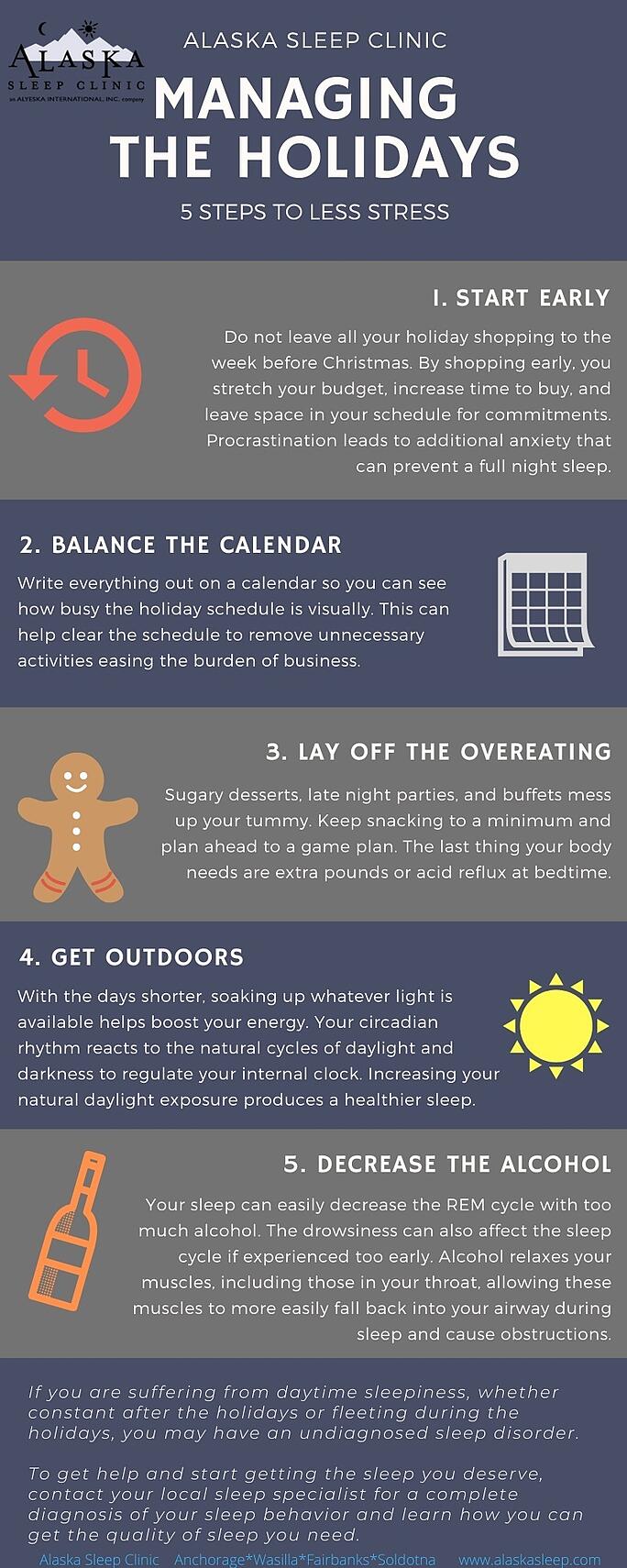It is normal to feel stressed due to every day’s demands, but failure to manage it can turn normal stress to chronic.
Chronic stress affects the physical and mental health adversely. It has been known to cause digestive disorders, heart diseases, depression, memory loss, and weight management issues among others. Doing moderate exercises, practicing meditation techniques, healthy eating, getting enough rest and making time for things you like are some of the simple ways to relieve stress. In addition, keeping a gratitude journal, setting limits, spending time with loved ones, seeking treatment and accepting situations beyond your control also go a long in preventing and reducing stress.
That being said, the following are 10 simple ways to relieve stress.
-
Exercise
Exercise helps relieve stress in the following ways;
- Getting your body moving increases production of the feel-good hormones that lift your spirits and increases joy.
- When you concentrate on your body movements, you forget about your worries and anxiety.
- Attaining your dream body increases self-confidence, which improves your mood.
- It helps alleviate sleep disorders caused by stress.
Get yourself walking, jogging, swimming, cycling or any other exercise of your liking.
-
Learn relaxation techniques
Meditation, yoga, tai-chi and other relaxation techniques help in concentrating on the present, which clears the mind of other thoughts that cause stress. It results in a calm, relaxing and peaceful feeling. In addition, relaxing the mind helps in increasing self-awareness, reducing negative thoughts and gives a new and clear perspective of the stressful situations.
-
Eat healthy foods
One of the effects of stress is reducing the body’s ability to prevent diseases. Taking a healthy diet can counter this by strengthening the immune system, reducing blood pressure and improving moods. Make sure your diet includes foods with vitamin C, carbohydrates such as whole grains, vegetables and fruits. Foods rich in magnesium are good in relieving fatigue and headaches as well as improving sleep disorders. Green leafy vegetables and soya beans fall in this category. They include omega-3 fatty acids as well.
-
Get enough sleep and rest
When you are sleep deprived, you have a hard time focusing on the day’s work, you get easily irritated and are impatient. Working for long hours without enough rest has the same effect. Ensure you are taking restful breaks from work and that you are getting 7-8 hours of sleep every day.
-
Take up a hobby
Statistics show that people who have hobbies are less likely to be stressed. This is because doing something that you love helps relax the mind and make you happy. It also boosts the mind and improves mental health. One such hobby that can be done also at home is growing plants.
-
Be grateful
Cultivating gratitude is one way of achieving a sense of happiness, life satisfaction and emotional well-being. People who are grateful tend to look for positives among the negatives. They appreciate what they have rather than focusing on what they don’t have.
Try keeping a gratitude journal to record what you are grateful for every day.
-
Be assertive
Sometimes we invite stress by trying to please everyone. Saying yes to every request and demand coming your way can easily go beyond a healthy limit.
Learn how to be assertive and ways to say no; decline requests that you can’t accommodate respectfully. It may sound selfish, but it is a way of self-respect to minimize stress and improve your quality of life.
-
Spend time with loved ones
Your loved ones provide much-needed emotional support in stressful situations. When you confide in a person you trust, you can be sure that they will help you through the situation. In addition, spending time with family having meaningful conversations can trigger good hormones that help keep stress away.
-
Don’t stress on things you have no control over
The truth is that you can’t control everything that happens to you no matter how much you may want to. Accepting this truth goes a long way in helping you accept situations that are beyond you. Before you start stressing about a situation, first determine how much control you have over it. If there is none, it helps to let it go.
-
Seek treatment
Chronic stress is a disease just like any other, and hence requires treatment just the same way others do. Consult a psychologist or any mental health specialist for treatment and recommendation of healthy ways of dealing with stress.
Conclusion
Stress can be managed and treated. The bottom line, however, is finding ways to keep it away in the first place. Simple ways that help the mind focus on other things rather than the stressful situation are a good way to do this.
What is Your Next Step?
If you cannot seem to get to the bottom of what triggers your anxiety and sleepless nights, call Alaska Sleep Clinic today. We are the only sleep lab in the state with a Cognitive Behavior Therapist specializing in sleep medicine, Dr. Angie Randazzo. Watch Dr. Angie’s KTUU “Moms Everyday” Segment on how stress affects sleep by clicking the video below.
We are ready to help you Improve Your Sleep and Improve Your Life.




